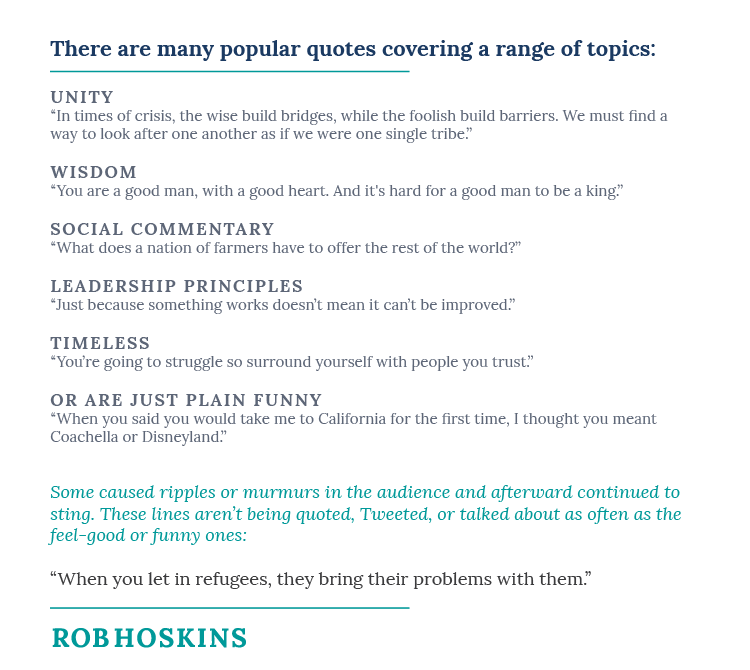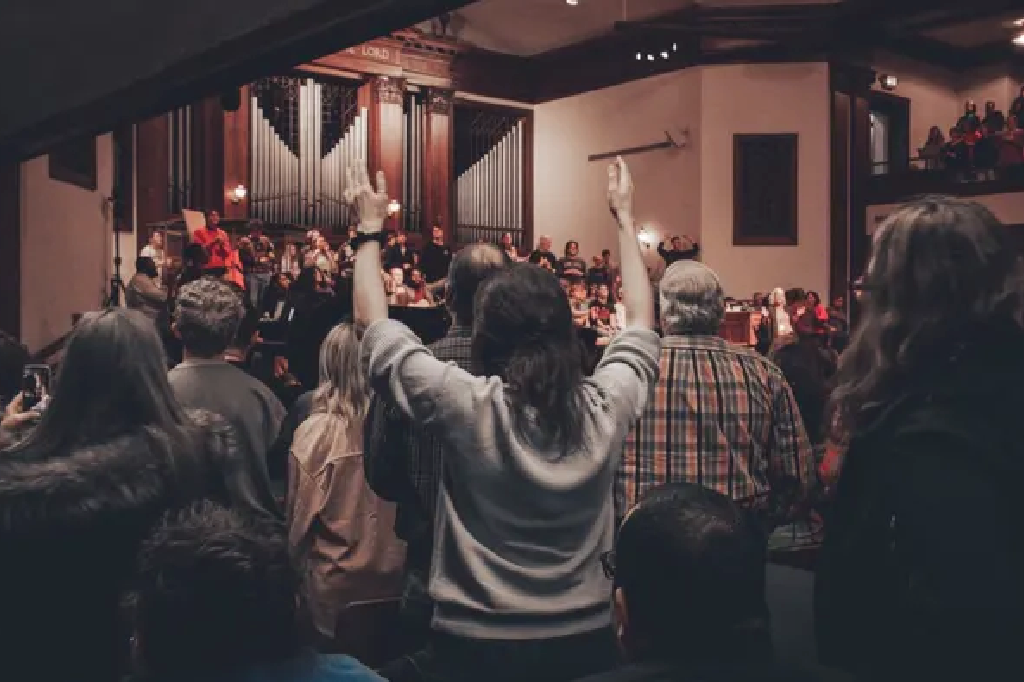The blockbuster Marvel superhero movie Black Panther is breaking all kinds of records. Rife with deeply thoughtful writing and powerfully inspiring quotes, my favorite record-breaker is that ‘Black Panther’ is now the most Tweeted about movie of all-time[1].

Yet, they need to be. Clearly this one strikes a nerve—one that is currently raw and exposed and divisive in our country.
While I don’t build my theology around movie quotes or song lyrics, I do know that pop culture is a reflection of the current culture. This quote is disturbing because it reflects the default stance most people take when it comes to strangers and refugees—whether they’ve taken the time to consider the deep implications and ramifications of it or not. I wish this statement didn’t sting so much in its truth of how most people perceive refugees—as problems to be expelled rather than people to be embraced.
Christ has authorized us to love God and love our neighbor, commanding us to take care of those in need. If we fear the “problems” that come with relationships and care of any person in our purview—be it friend, family, stranger, or the refugee among us, we discount our faith in Christ as not being big enough to cover any problem or challenge attached to that relationship and command to love. In His own words, Jesus declared:
“With man this is impossible, but with God all things are possible.” Matthew 19:26 ESV
I hope we as believers and as the Church—the extension of Christ here on earth—are opening a new dialogue and putting action to our words and feet to our faith by welcoming all, loving all, and being agents of change, problem-solvers, and bridge-builders of this world, not “the foolish” building barriers.
[1] https://nypost.com/2018/03/21/black-panther-is-the-most-tweeted-about-movie-of-all-time/




1 Comment
The refugees” Aliens among you” is not descriptive of the refugees that flooded into Europe in the last five years. They come with a different world view…and some come to subvert our culture. Some come to commit crime. So you meed to address these issues before deliberating that “All are welcome”